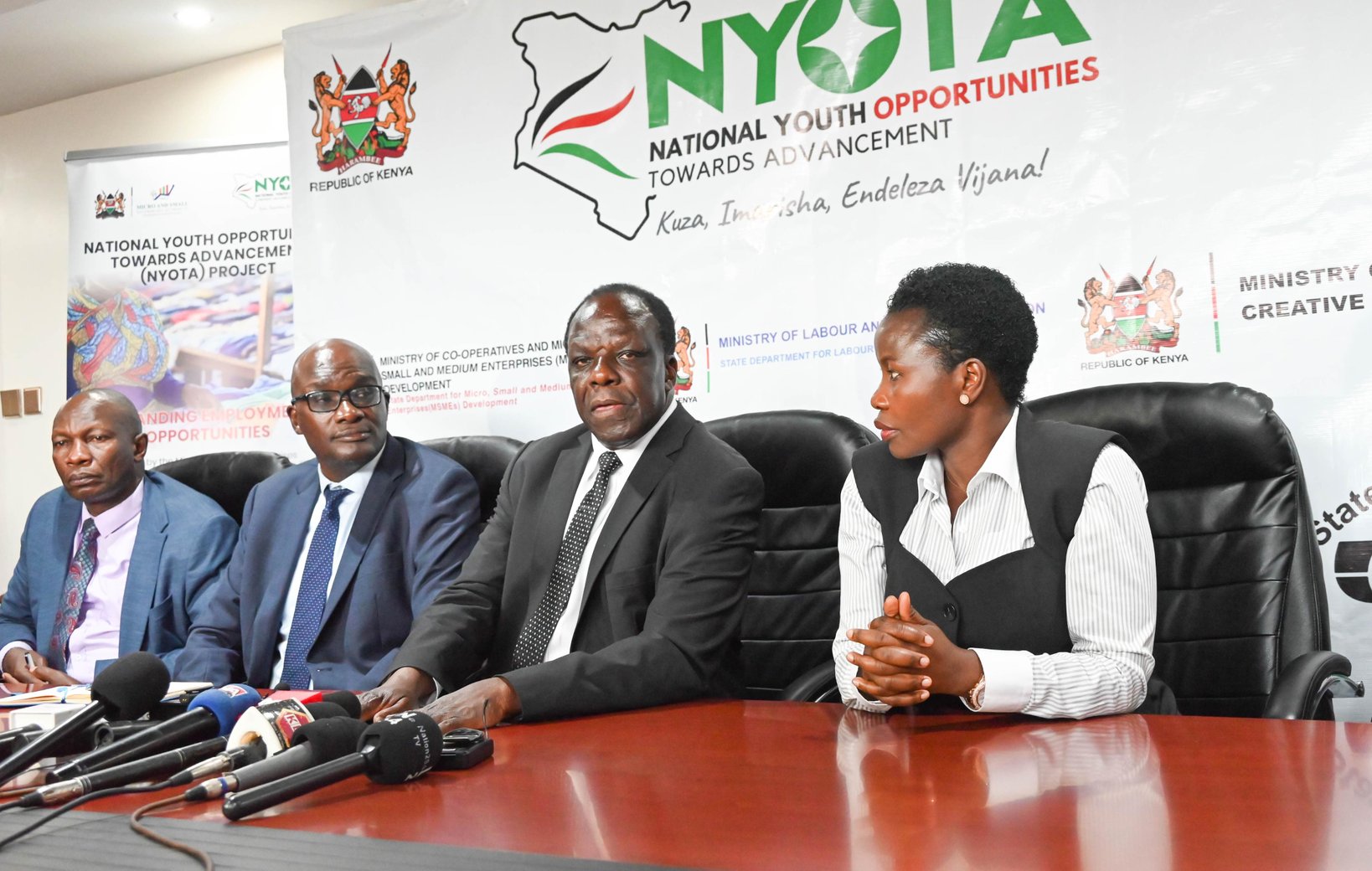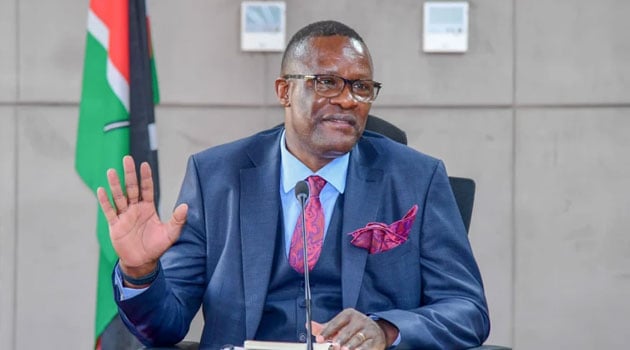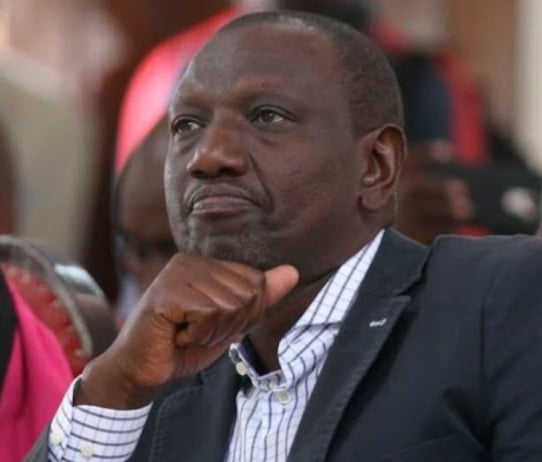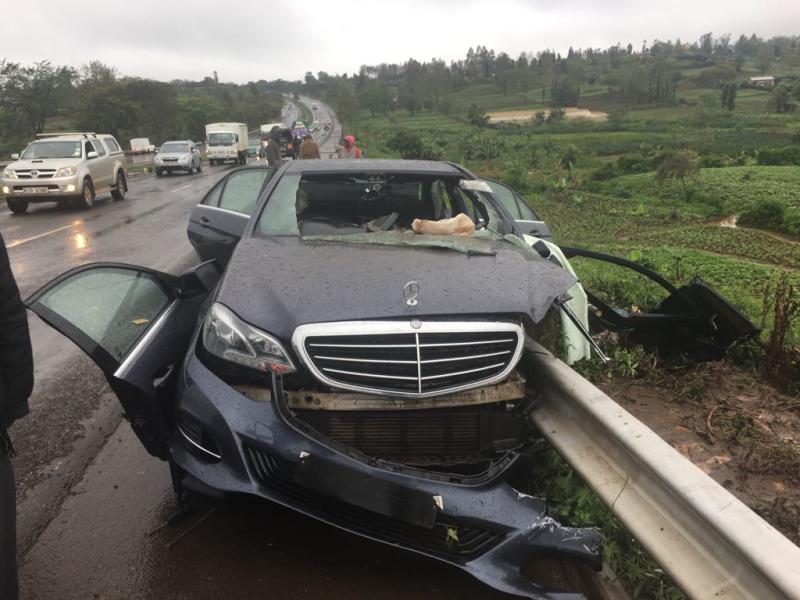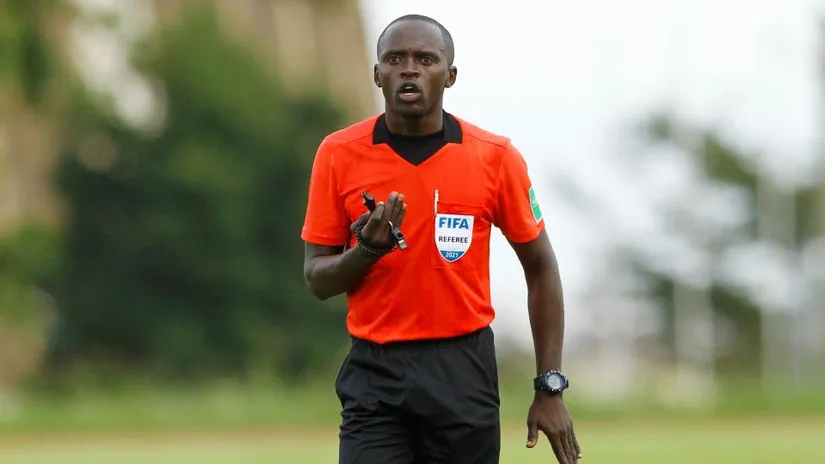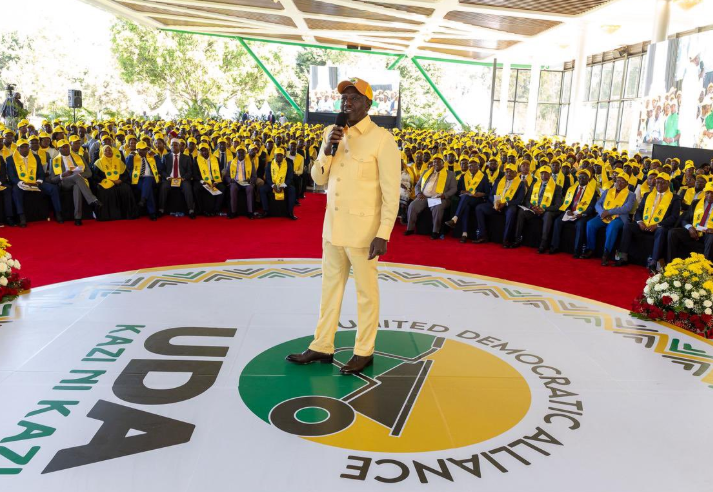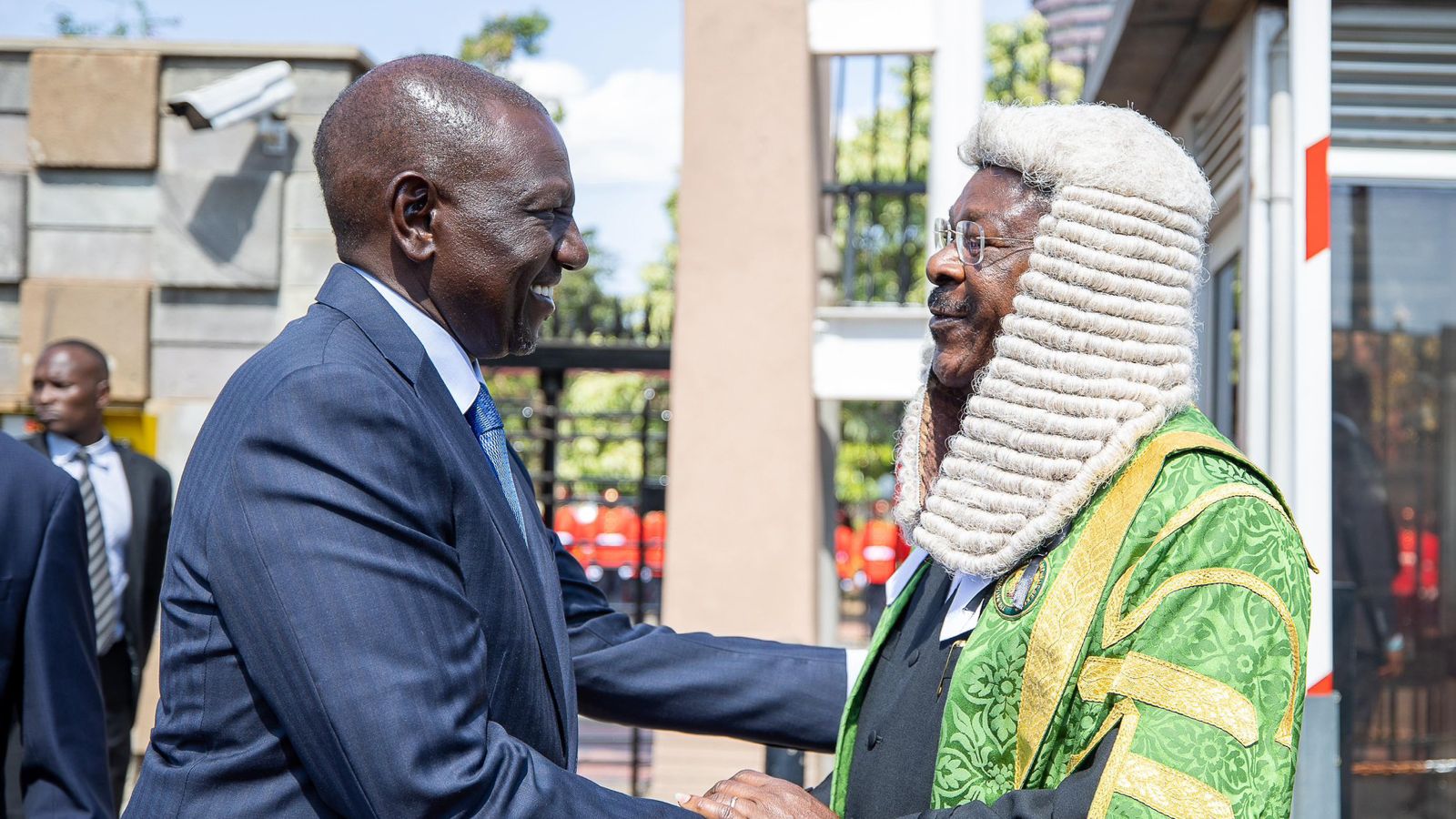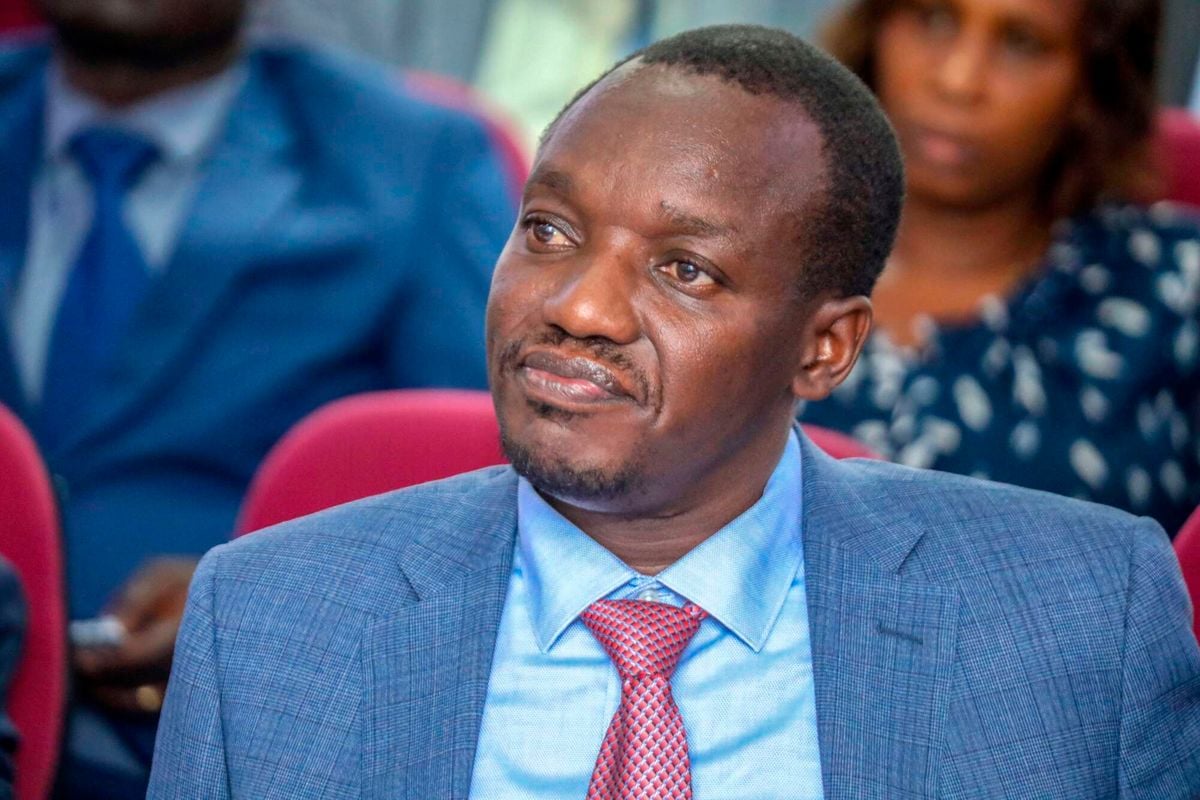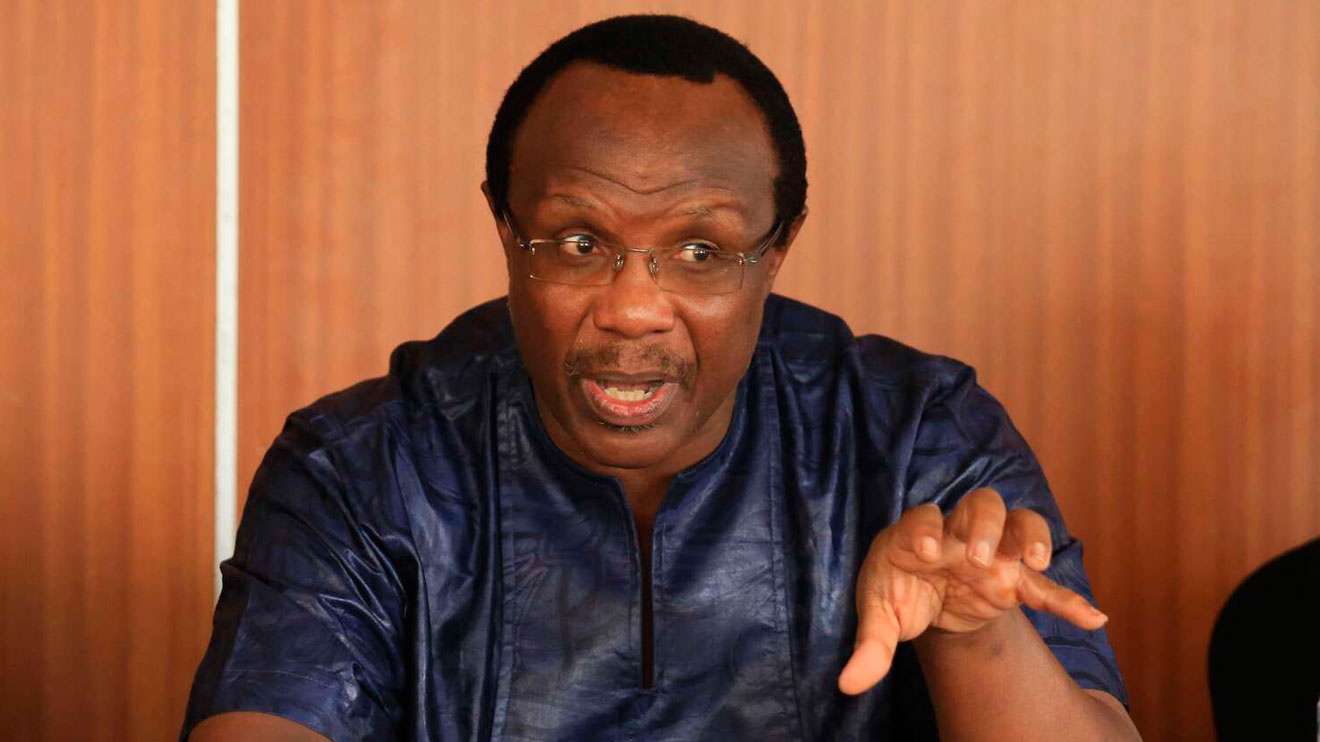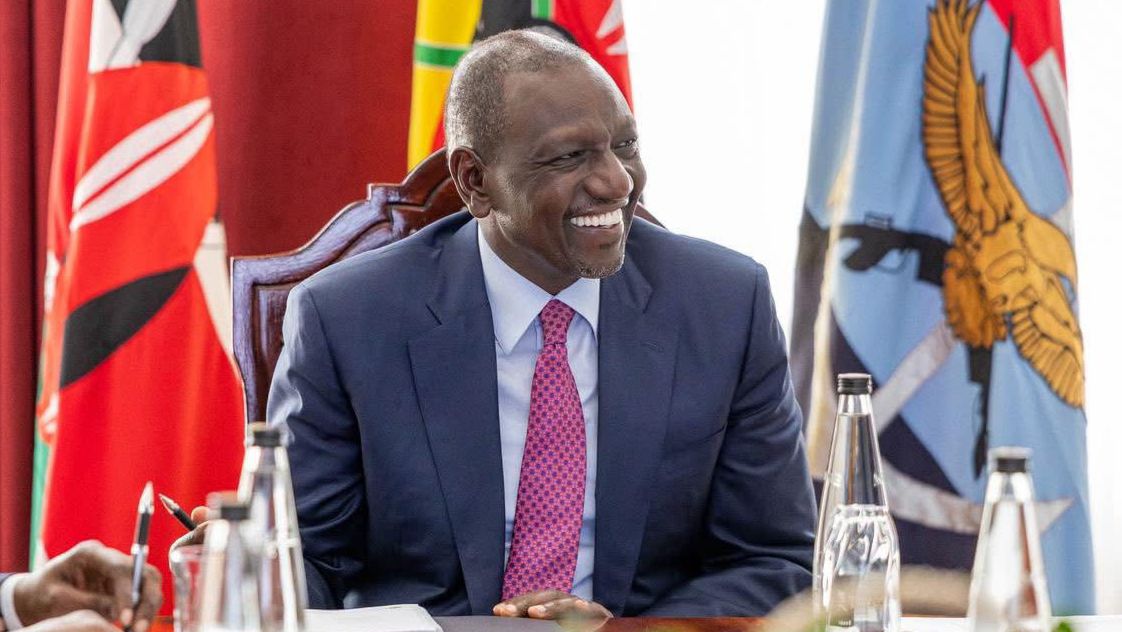The National Youth Towards Advancement (NYOTA) project is a World Bank–financed initiative designed as a scale-up of the Kenya Youth Employment and Opportunities Program (KYEOP).
The NYOTA project was approved by the World Bank Board on June 15, 2023, and formally assented to as a loan to the Republic of Kenya, with a total project cost of USD 200 million and a commitment amount of USD 229 million.
It became effective on June 21, 2024, and is scheduled to run until December 31, 2028.
The project is being implemented under the leadership of the Micro and Small Enterprise Authority, the Ministry of Youth Affairs, the Arts and Sports (MYAAS), and the National Social Security Fund (NSSF), with technical and financial oversight by the World Bank’s Eastern and Southern Africa region team.
Its primary goal is to enhance youth employment, self-reliance, and financial resilience across all 47 counties in Kenya, through an integrated approach combining skills training, entrepreneurship support, and structured savings initiatives.
Read More
NYOTA targets those aged 18 to 29, and up to 35 for Persons with Disabilities (PWDs), who have little or no formal education and are unemployed, underemployed, or earning low wages.
At its core, the project’s goal is simple but transformative: to increase employment, earnings, and promote savings among targeted youth at a national scale. To achieve this, NYOTA operates through integrated interventions implemented under four main components:
Component 1: Skills Development and Apprenticeship
The first component addresses challenges on the labour supply side by equipping youth with relevant technical and soft skills, knowledge transfer, and work readiness training. It links participants to apprenticeship and job placement opportunities across multiple sectors.
The apprenticeship phase lasts five months, combining on-the-job training with mentorship from experienced industry professionals. Participants are matched with master craftsmen and employers in diverse fields, including digital, creative, green, blue, and grey economies.

Upon completion, they receive certification through Trade Testing assessments conducted by the National Industrial Training Authority (NITA).
In addition to technical training, NYOTA incorporates personal development support covering communication, leadership, and financial literacy.
The goal is to ensure young people not only gain employable skills but are also ready to sustain meaningful work. To improve inclusion, the component also provides childcare support for young mothers and ensures equitable participation of youth with disabilities.
Component 2: Entrepreneurship and Business Development
The second component focuses on creating opportunities for youth with entrepreneurial potential. It is implemented by the State Department for MSME Development through the Micro and Small Enterprises Authority (MSEA).
Under this programme, youth receive comprehensive entrepreneurship training, business development services, and seed capital ranging from KSh 50,000 to start or expand their ventures.
In every ward, 70 youth are scheduled to benefit from this support. After classroom sessions, participants undergo two months of mentorship and incubation to transform their business ideas into sustainable enterprises.
To ensure long-term success, NYOTA provides continuous guidance through mentorship and market linkages, enabling young entrepreneurs to access resources, networks, and markets.
The programme also encourages innovation in key sectors such as agriculture, digital technology, creative industries, and green energy. Strategic partnerships with organisations like the Youth Enterprise Development Fund and the Kenya National Innovation Agency help provide additional resources and monitoring support.

Component 3: Promoting Youth Savings
Financial resilience is a key part of youth empowerment, and NYOTA integrates a savings component to help participants build a secure financial future.
In collaboration with the National Social Security Fund (NSSF), the project promotes the Haba Haba Savings Scheme, a flexible and accessible way for young people to start saving.
Once selected for NYOTA, beneficiaries are automatically enrolled in the NSSF Haba Haba scheme and assigned a member number.
For the first six months, the project contributes KSh 1,000 per month to each participant’s savings account. Those who continue saving beyond this period receive a matching incentive: NYOTA adds KSh 1 for every KSh 2 saved, up to a maximum of KSh 3,000.
The scheme also includes a maternity benefit for female participants. Women who contribute at least KSh 400 per month for four months qualify for a maternity benefit of KSh 4,000 per month for four months, totalling KSh 16,000. This support recognises the economic challenges faced by young mothers and aims to empower them through financial stability.
Component 4: Strengthening Youth Employment Systems
The final component focuses on building institutional capacity for sustainable youth employment initiatives. NYOTA supports both national and county governments in strengthening systems that promote youth participation in the economy. This includes policy development, gender inclusion, and climate-related initiatives.
The project also provides capacity building to help youth engage effectively with government funding mechanisms such as the Youth Enterprise Development Fund, Women Enterprise Fund, Uwezo Fund, Hustler Fund, and the Access to Government Procurement Opportunities (AGPO) programme.
This intervention ensures that more young people can benefit from public and private sector opportunities, particularly the 5% tender allocation reserved for youth.
By integrating skills training, entrepreneurship support, savings incentives, and institutional strengthening, NYOTA represents a coordinated national response to one of Kenya’s biggest socio-economic challenges.
It moves beyond short-term job creation by empowering young people with the tools, knowledge, and resources to build lasting livelihoods.
The verification exercise of the NYOTA programme kicked off on Friday, October 25, across all the 290 constituencies in the country.
